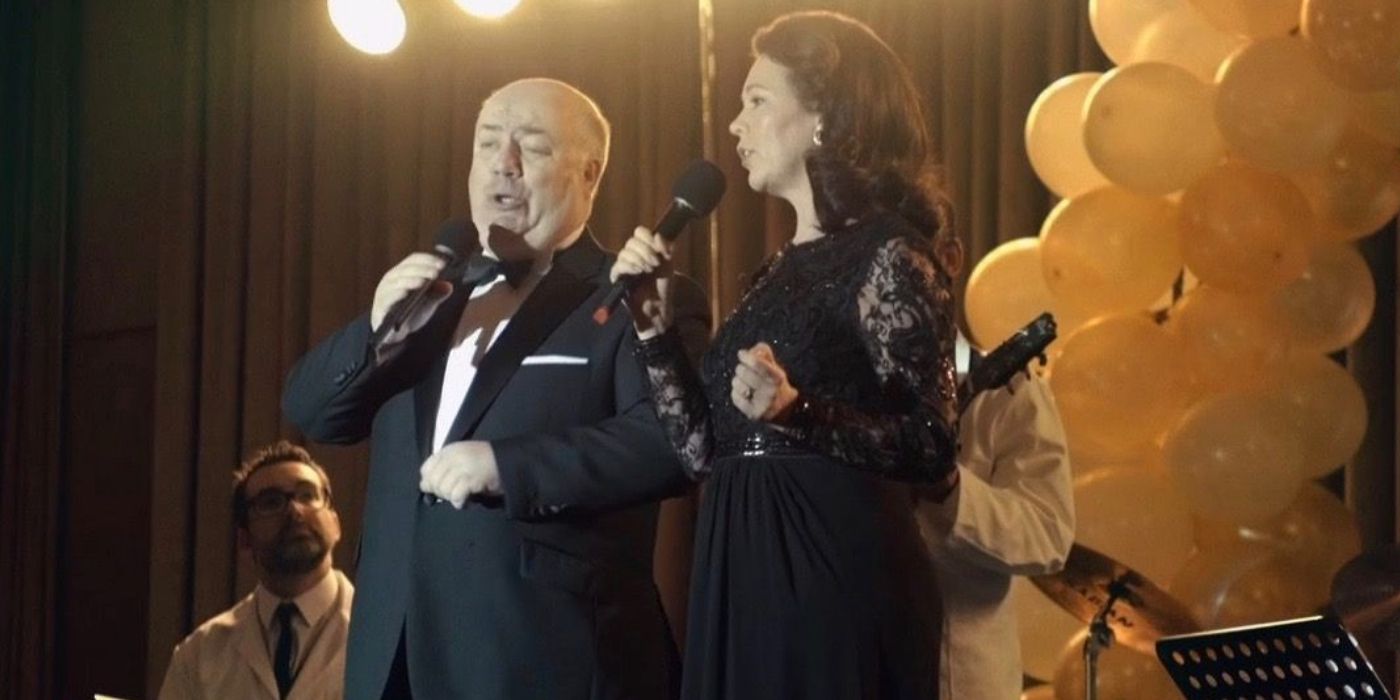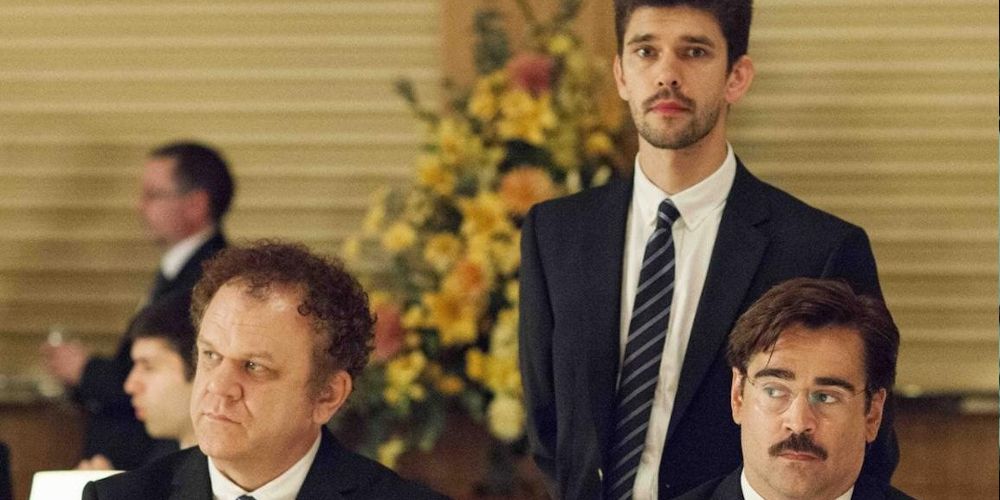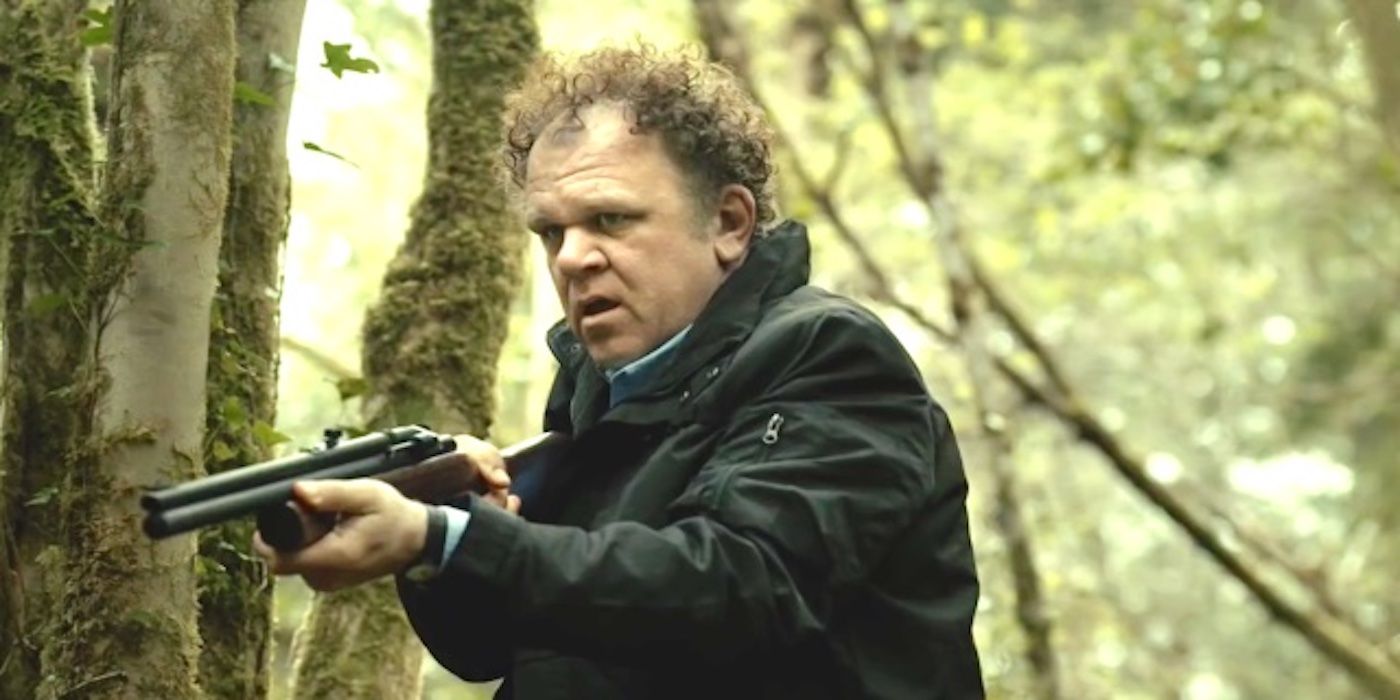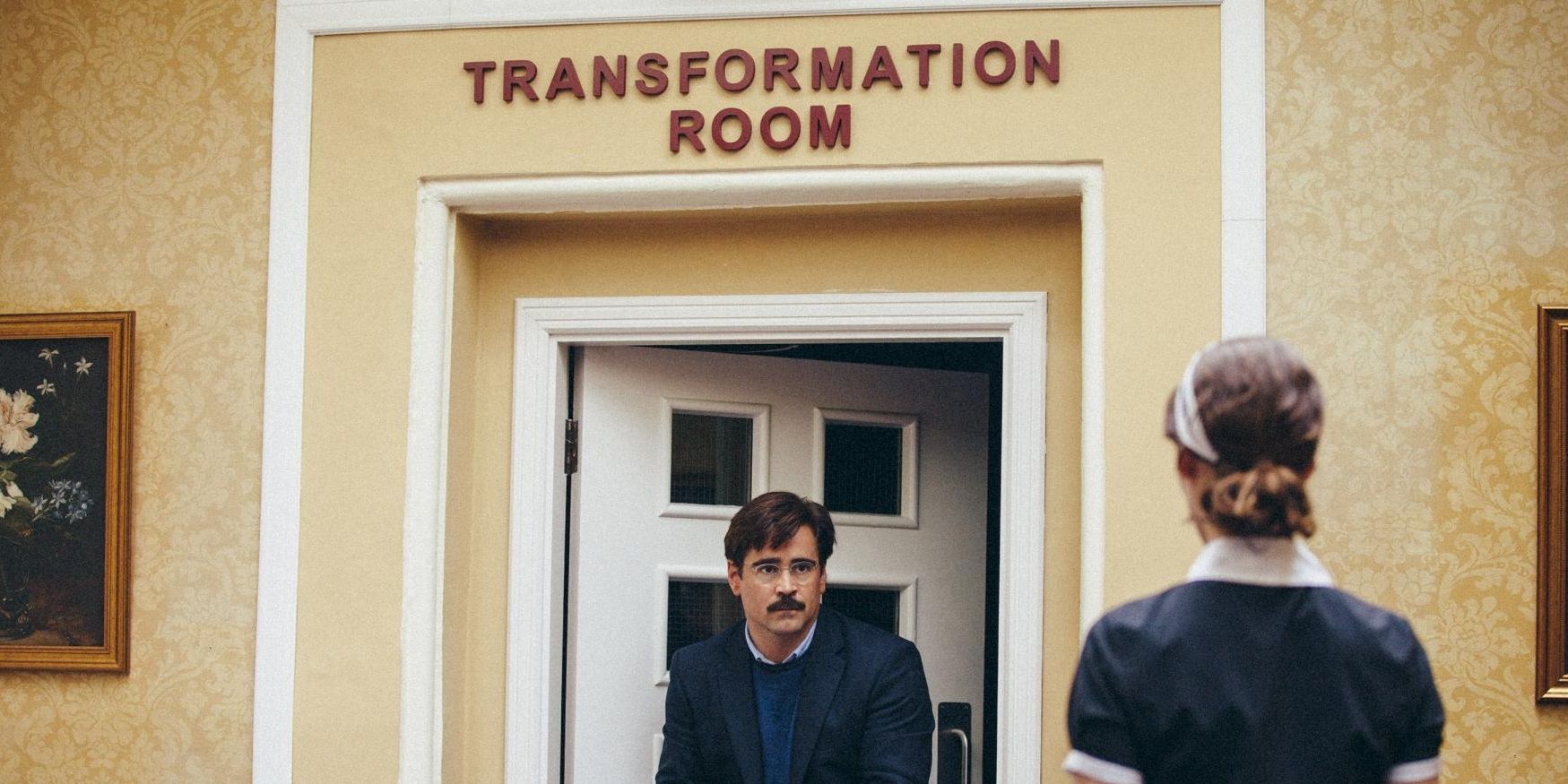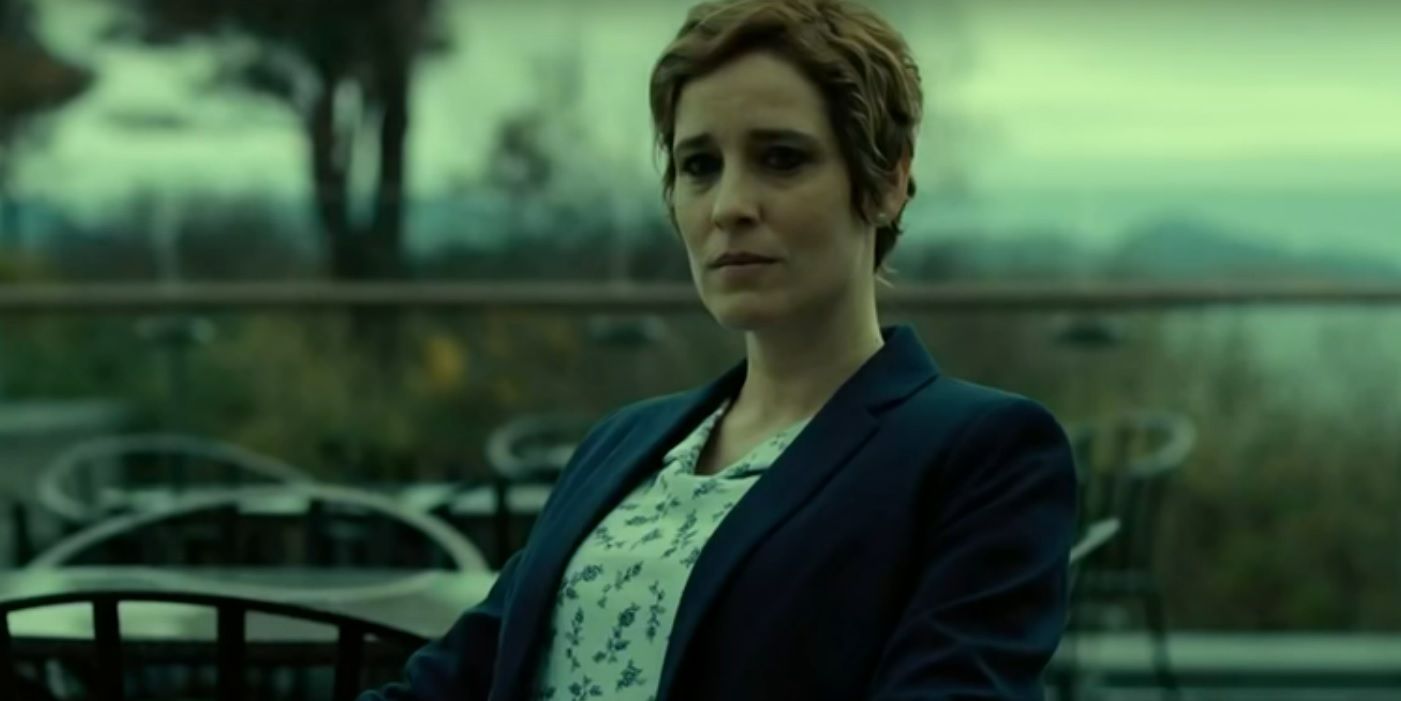
The Ambiguous Ending of The Lobster Explained

Delve into the dark romantic comedy, The Lobster, and unravel the mysteries of its ambiguous ending. From the surreal storyline to the symbolic characters, find out the deeper meanings behind Colin Farrell's character's ultimate choice.
The Surreal World of The Lobster
The Lobster is a dark and surreal romantic comedy that challenges societal norms and explores the extremes people go to for love. The story follows David, a lonely man who joins a matchmaking service that transforms single people into animals if they fail to find a partner within 45 days. The movie takes a surreal turn as David escapes from the facility and joins a rebel group that opposes the societal pressure for romantic relationships. His encounter with the 'Shortsighted Woman' leads to a complex and enigmatic climax that leaves viewers pondering the fate of the characters.
David (Colin Farrell) and the Shortsighted Woman (Rachel Weisz) trekking through a field inn The Lobster.
Released in 2015, The Lobster received critical acclaim for its originality and thought-provoking narrative. Set in a dystopian society where being single is outlawed, the movie presents a world where individuals are pressured to find love within a strict timeframe or face a drastic transformation into an animal of their choosing. The Loners, a rebel faction living in the woods, stand in stark contrast to the societal norms, challenging the notion of forced romantic relationships. As the story unfolds, the tension between societal expectations and individual desires builds to a climactic ending that leaves the audience with lingering questions.
Olivia Colman singing on stage in The Lobster
The Desperate Search for Love
The hotel in The Lobster pairs individuals based on superficial characteristics, perpetuating the notion that shared traits lead to successful relationships. This warped approach to matchmaking is exemplified by characters resorting to desperate measures to fit the mold of an ideal partner. The movie's exploration of the fatal shallowness of romantic compatibility is highlighted as David seeks a connection with the 'Shortsighted Woman' and grapples with the consequences of their forbidden love. The intense pressure to conform to societal ideals of romance drives David to desperate lengths, reflecting the movie's underlying commentary on the pursuit of love at any cost.
John C. Reilly, Colin Farrell and Ben Whisaw gathered awkwardly at dinner in The Lobster
David's internal struggle and the fatalistic nature of the characters' choices offer a compelling insight into the complexities of human connection. The Lobster challenges the conventional notions of love and relationships, presenting a thought-provoking commentary on the lengths individuals will go to in their quest for companionship. The thematic exploration of love as a societal construct and the implications of forced coupling sets the stage for the gripping climax that unfolds in the movie's final act.
John C. Reilly holding a gun in The Lobster
The Symbolism of Transformation and Rebellion
The absurd premise of The Lobster, where single individuals are transformed into animals, serves as a symbolic representation of societal pressures and the dehumanizing effects of forced romantic coupling. The movie's exploration of amatonormativity and the devaluation of single people offers a thought-provoking commentary on the societal expectations of romantic relationships. The transformative process, whether real or symbolic, serves as a powerful allegory for the marginalization of individuals who do not conform to societal standards of love and companionship.
David standing in front of the transformation room at the hotel in The Lobster.
The characters' interactions with the transformed individuals, such as the enigmatic 'Heartless Woman,' provide a glimpse into the extreme measures taken in the pursuit of love. David's defiance against the oppressive norms and his ultimate choice in the ambiguous ending reflect the underlying themes of rebellion and the rejection of societal constraints. The Lobster's exploration of transformation and rebellion culminates in a thought-provoking conclusion that leaves audiences questioning the boundaries of love, identity, and freedom.
Agneliki Papoulia as the Heartless Woman sitting outside in The Lobster

